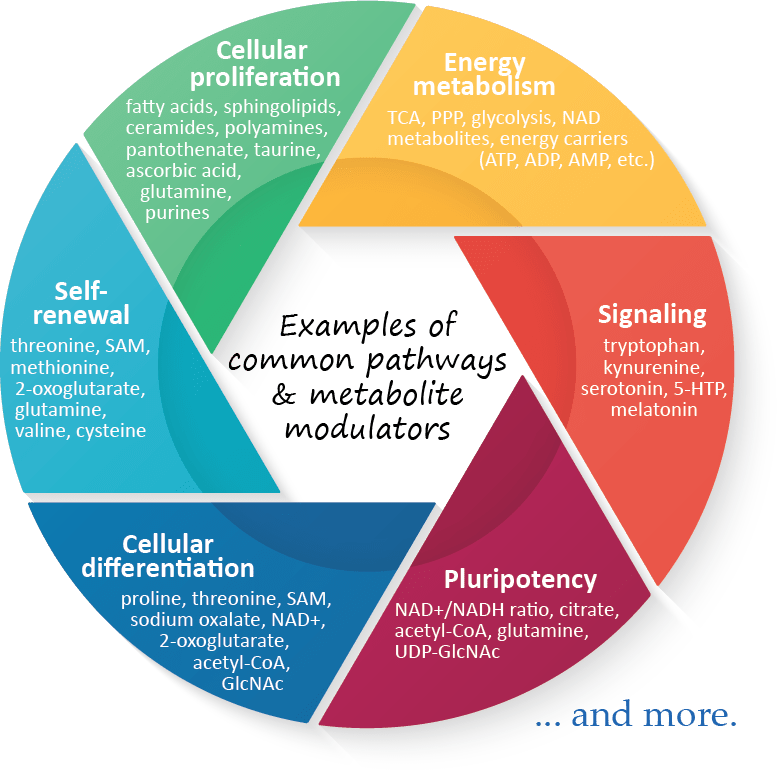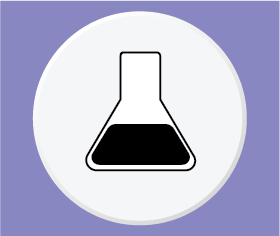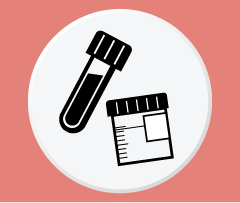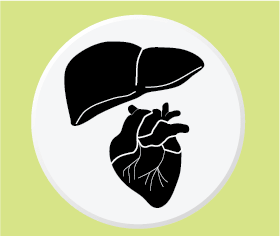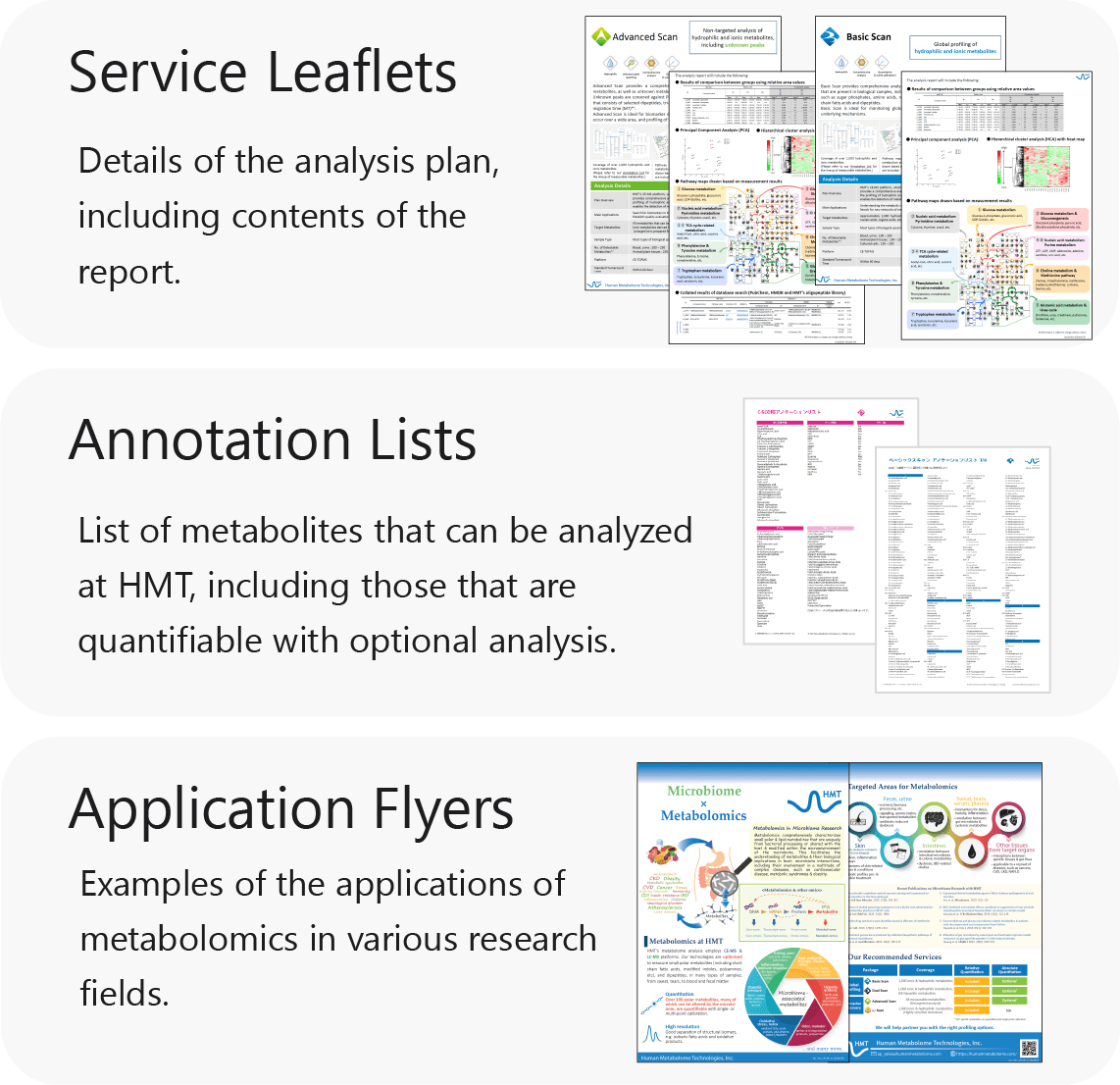Metabolomics comprehensively characterizes small polar and lipid metabolites, yielding a snapshot of cellular processes and biochemical reactions that are dependent on the physiological (or pathological) state of cells, tissues, and organs. Therefore, metabolomics is a valuable tool for the understanding of stem cell fate, physiology, and mechanisms in the context of regenerative medicine and stem cell bioprocessing. Moreover, metabolomics can be applied to study the distinctions in the metabolic profile of different classes of stem cells, including the development stages i.e., proliferation, differentiation, etc. These applications can provide insights on disease mechanisms and novel biological pathways, thus, helping to unleash the full translational potential of stem cells.
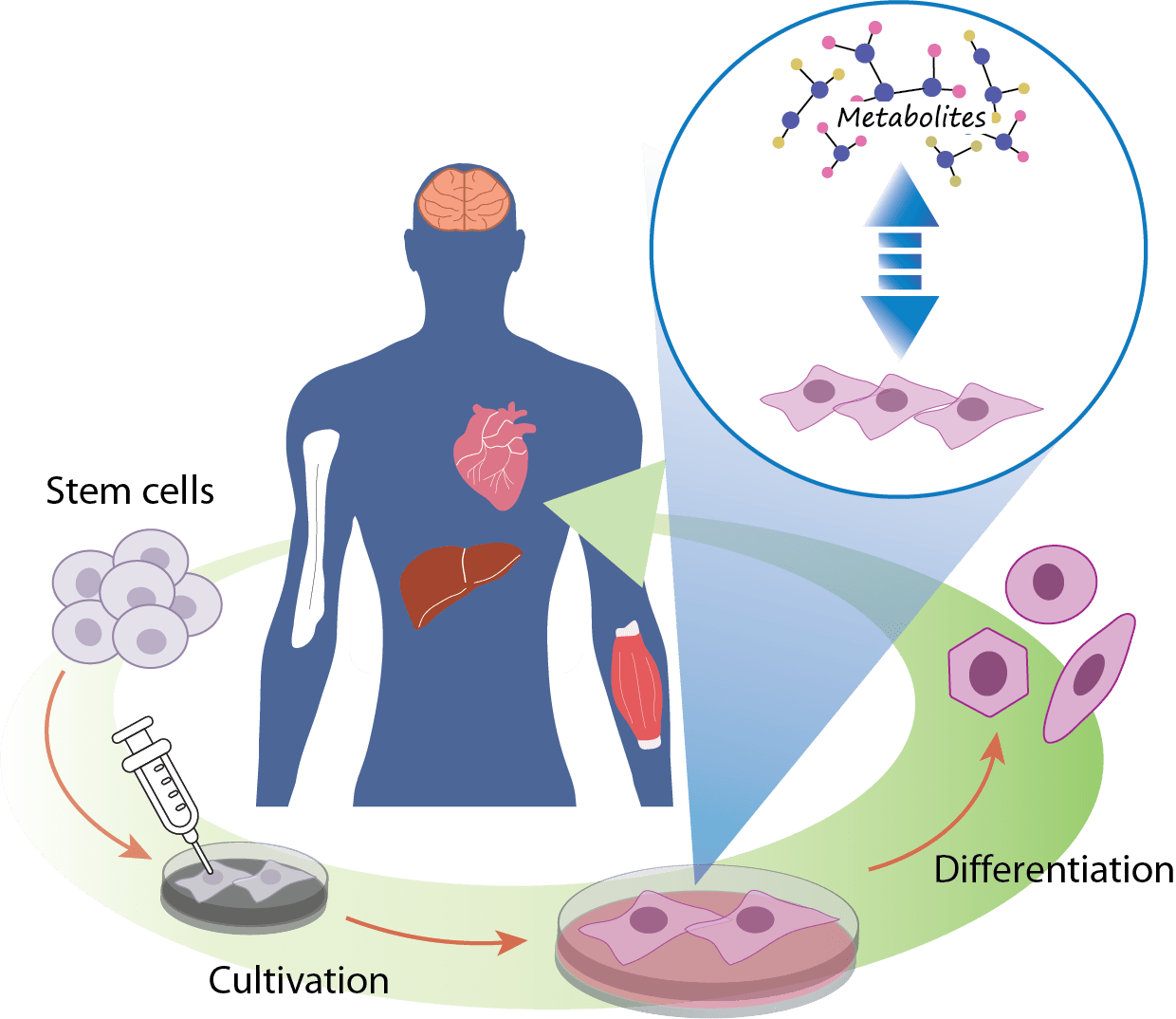
Metabolomics brings us closer to the phenotype of an individual, providing a direct readout of metabolic changes that regulate stem cell function.


